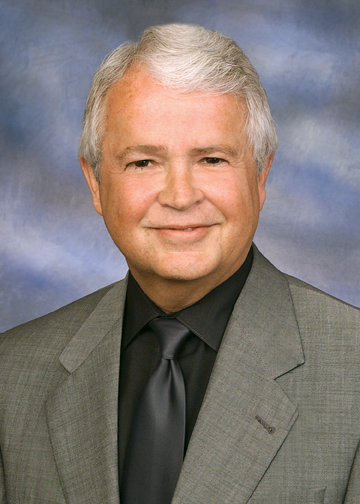FDA ended 2011 by initiating two major public dockets on off-label marketing that may provide much of the regulatory clarity the industry has needed to engage responsibly and more aggressively in the age of the Internet. The first is a draft guidance on company responses to unsolicited questions regarding the off-label uses of medicines. The second responds to the Citizen Petition by several industry companies that seeks more clarity on several off-label matters. In it, FDA asks the public to respond to over a dozen questions on how best to regulate in this area.
Those expecting the Ten Commandments of off-label and social media will be severely disappointed. But these are important and useful documents. Every medical communications professional should immediately study the draft guidance and work with clients to put it to work to better inform doctors and patients. Consider, too, participating in the comments to the FDA by the Coalition for Healthcare Communication on both documents.
The draft guidance on responses to unsolicited requests for off-label information requires the most immediate attention because it clearly and definitely sets out the long-standing informal policies of the FDA on how to respond to off-label questions. But, while clear, the new guidance is anything but permissive. Peter Pitts provides a quick review of the most important details of the draft, plus offers ten “lessons” to be learned from the draft.
Without stating why, the FDA draft guidance instructs companies to only respond to unsolicited questions and then only in private to the individual making the request. In effect, the FDA draft guidance would ban all company responses to off-label questions in traditional and Internet-based public media. The guidance clearly delineates the difference between a solicited and an unsolicited request, and provides plenty of examples on how and how not to respond.
Because the guidance is clear and authoritative, it may enable many companies to more confidently provide data to doctors and patients. But, it’s a small step forward and much more still needs to be done. The draft guidance simply does not go far enough to foster optimum information dissemination by companies nor does it address the significant First Amendment issues highlighted by last year’s Supreme Court decision in IMS v. Sorrell.
The challenge for industry in 2012 will be to use this guidance aggressively and responsibly while working with the FDA to support much larger steps forward to advance the public health through improved communications. Indeed, as the FDA explicitly recognizes in the draft guidance, drug sponsors often have data and information critical to patient care that is available nowhere else. As Congress and the public increasingly look to government to provide better, more efficient care to America’s patients, FDA must encourage companies to make these data more freely available. For example, if one-to-one conversations are appropriate, why are public conversations banned? The Coalition is coordinating with industry partners to address these and other matters and to encourage FDA to enable increased information dissemination.
But, marketers must recognize that great, innovative marketing that improves health outcomes is mostly up to us. Government regulates ; industry innovates and educates. We must be responsible and bold to reassure our most important customers — doctors and patients — that we are critical partners in patient care. Indeed, FDA needs our leadership to give it the confidence and political cover it requires to reform its most restrictive policies.
That’s why the Coalition for Healthcare Communication is working closely with the leaders of the Digital Health Coalition to create online good practice principles that will enable communication to support patient care while complying with FDA regulations. That’s why both coalitions look to companies and their marketing partners to continue to provide innovative and effective communication. And, that’s why we seek your input to our comments to FDA.
I’m optimistic that these two FDA announcements are just the beginning of a new, more proactive FDA in this area in 2012. An active FDA combined with aggressive leadership by regulated companies, agencies and media could mark 2012 as the year patients and doctors have better access to information that improves patient care.
Let’s all work together to make it happen. Doing so will require hard work, creativity, coordination and leadership, both in the marketplace and at FDA.
John Kamp is executive director of the Coalition for Healthcare Communication







